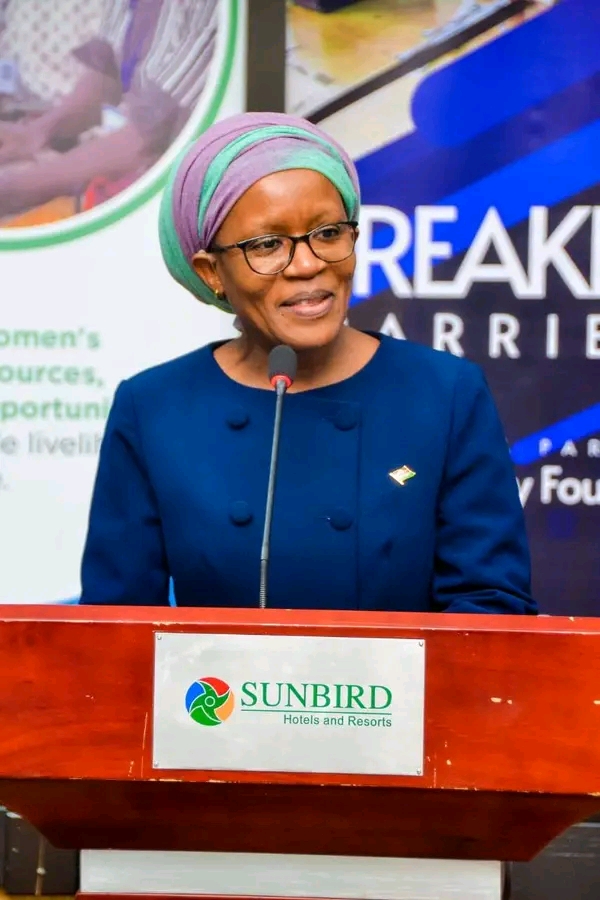By Jones Gadama
The first-ever Malawi Robotics for Good Youth National Challenge has kicked off in Blantyre, bringing together 63 exceptional young participants from across the country to showcase their innovative skills in robotics and disaster relief.
The competition, which focuses on leveraging robotics for earthquake disaster relief, is a testament to the transformative power of technology and innovation in addressing pressing challenges.
Dr. Rachel Chimbwete Phiri, Secretary for Basic and Secondary Education, commended UN Women and its partners for implementing the Malawi Girls Can Code Too project, which has led to this remarkable initiative. “The initiative has the potential to provide innovative solutions to help mitigate the impact of climate change,” she said,adding that, “We are proud to see our young people embracing technology and innovation to address real-world problems.”
The competition, held at Mount Soche Hotel in Blantyre, brought together teams of young participants aged 13 to 19 from both public and private schools, as well as universities.
The teams built robots equipped with sensors designed to locate survivors and deliver crucial information to aid rescue efforts. The project demonstrates the potential of young Malawians to develop innovative solutions to pressing challenges.
Letty Chiwara, UN Women Resident Representative, applauded the government for its commitment to investing in youth with technological skills. “In a rapidly evolving world, technology is a key driver of innovation, economic growth, and global progress,” she said.
“Initiatives like this are crucial in empowering young people, especially girls, to develop the skills they need to succeed in the digital age.” She added.
The Malawi Robotics for Good Youth National Challenge is a significant step towards promoting innovation and technological development in Malawi. By providing a platform for young people to showcase their skills and creativity, the competition aims to inspire a new generation of innovators and entrepreneurs.
The competition is also a testament to the importance of partnerships in promoting development. UN Women, in collaboration with its partners, has played a crucial role in supporting the Malawi Girls Can Code Too project, which has led to this remarkable initiative.
As the competition progresses, the teams will be judged on their ability to design and build robots that can effectively locate survivors and deliver crucial information in disaster scenarios. The winning teams will receive prizes and recognition for their innovative solutions.
The Malawi Robotics for Good Youth National Challenge has the potential to inspire a new generation of young Malawians to pursue careers in science, technology, engineering, and mathematics (STEM).
By providing a platform for young people to showcase their skills and creativity, the competition aims to promote innovation and technological development in Malawi.
The Malawi Robotics for Good Youth National Challenge is a significant initiative that showcases the potential of young Malawians to develop innovative solutions to pressing challenges.
The competition demonstrates the importance of investing in youth with technological skills and promoting innovation and technological development in Malawi.
As the country looks to the future, initiatives like this will play a crucial role in shaping the next generation of innovators and entrepreneurs.
By supporting young people and providing them with opportunities to develop their skills and creativity, Malawi can unlock its full potential and achieve sustainable development.
The success of the Malawi Robotics for Good Youth National Challenge will depend on the continued support of partners and stakeholders. UN Women, the government, and other partners must work together to ensure that initiatives like this continue to inspire and empower young people.
Ultimately, the Malawi Robotics for Good Youth National Challenge is a testament to the power of innovation and technology to transform lives and communities.
As Malawi continues to develop and grow, initiatives like this will play a crucial role in shaping the country’s future and promoting sustainable development.




